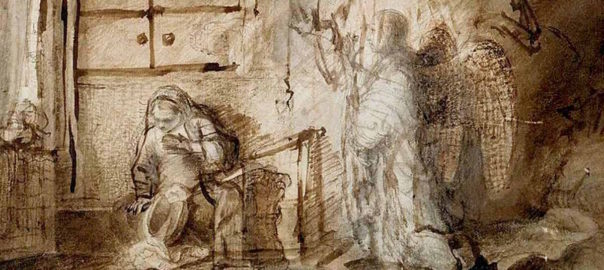
How we understand our personal, cultural, and national history is vital for our own sense of self and for building a flourishing future. In this moment of competing narratives and agitation propaganda, embracing the complexity and contradictions of historical narratives has never been more important. Leaving aside the dangerous and foolish mythologies of blood and soil supremacy (and they are found in almost every culture), how we understand the past has profound consequences for present actions and future visions.
Before evaluating two current trends in American history, it is important to note that every civilization or significant nation begins with a dominant group and then expands to include others (with variable notions of equality). This is NOT a defense of racism – just the opposite. Racial injustice (and its twin, tribalism) is a universal phenomenon of a fallen human species. People with agendas cherry pick historical data and avoid the uncomfortable facts that do not fit their narrative. For example, the legacy of Western colonialism from about 1800-1960 is seen as an era of oppression…and it was. Muslims in particular critique the control of their ancient lands by “Crusaders.” Infrastructure, religious toleration, education, and economic developments are all ignored. I am not defending the terrible history of conquest and control. What is ignored are the centuries of Islamic conquests and oppressions from the 7th to the 17th century. In other words, history is complicated.
On the popular level (there are many historians doing good work on complex issues no one will ever hear about!), American history is often presented as either the progress of a divinely-ordained nation or the tragic story of White oppression. The recent 1619 Project bring to public attention the neglected narratives of African American and Native American oppression. The problem is not with highlighting the tragedies of systemic racism. The 1619 project is marred by reducing the American story to racism and seeing everything through this lens. In contrast, many conservative and religious groups see the USA as exceptional, and while acknowledging the many imperfections, the story is one of almost unbroken progress. The 1776 Initiative sought to counter the extremes of the 1619 project, but it has been cancelled by the new administration because it was created under the old one.
The path forward concerning American history and hope calls for maturity that can hold several narratives in tension simultaneously, celebrating trends of liberty and justice, lamenting deep injustices, and calling for more research on ignored and marginalized voices. For example, religious conservatives downplay the profound missed opportunity of the early 19th century as every denomination split over race and slavery (and only reunited in the Civil Rights era of the 1960s). Imagine the different trajectory of our American story if the churches had discarded their racism! The same willful ignorance applied to the horrendous treaty violations and violence toward Native American tribes from the 17th to the 20th century. Imagine if the Quaker voices were heeded and European settlers and indigenous people shared the development of a grand experiment in mutual respect and love. Lest progressives become proud, their refusal to include the positive record of both Christian and secular leaders working for justice and the devastations of the modern welfare state on the groups it was supposed to help, is willful blindness that keeps us from progress.
Seeing history through the four-fold lens of the Grand Narrative of the Bible is helpful so we have hopefulness and realism, and hold the tensions of the human soul and social contracts in proper balance. The biblical story begins with the divine design for worship and work, with humankind enjoying God and creatively and ethically stewarding a beautiful world. Men and women are equal image-bearers and the marital bond is celebrated. But. Human rebellion (the root of all sin) brings disaster as the divine image and purpose are defaced and distorted. Yet divine deliverance is promised. A redemptive history of grace, liberation, and holy love, culminating in the Cross and Resurrection of Christ, offers hope and power for positive change. And the fourth chapter reveals an eternal destiny in a renewed earth and heavens, where worship and work are fulfilled with love and justice and the original design finds its fulfillment. All four chapters are real today and will help us be positive and wise as we navigate so many problems.
The more we study all the historical narratives, the more we find saints and sinners, progress and regress, opportunities missed and seized, and systems in desperate need of change. Let’s grow up and embrace the complexity of the past so we can distill its wisdom for the future.




